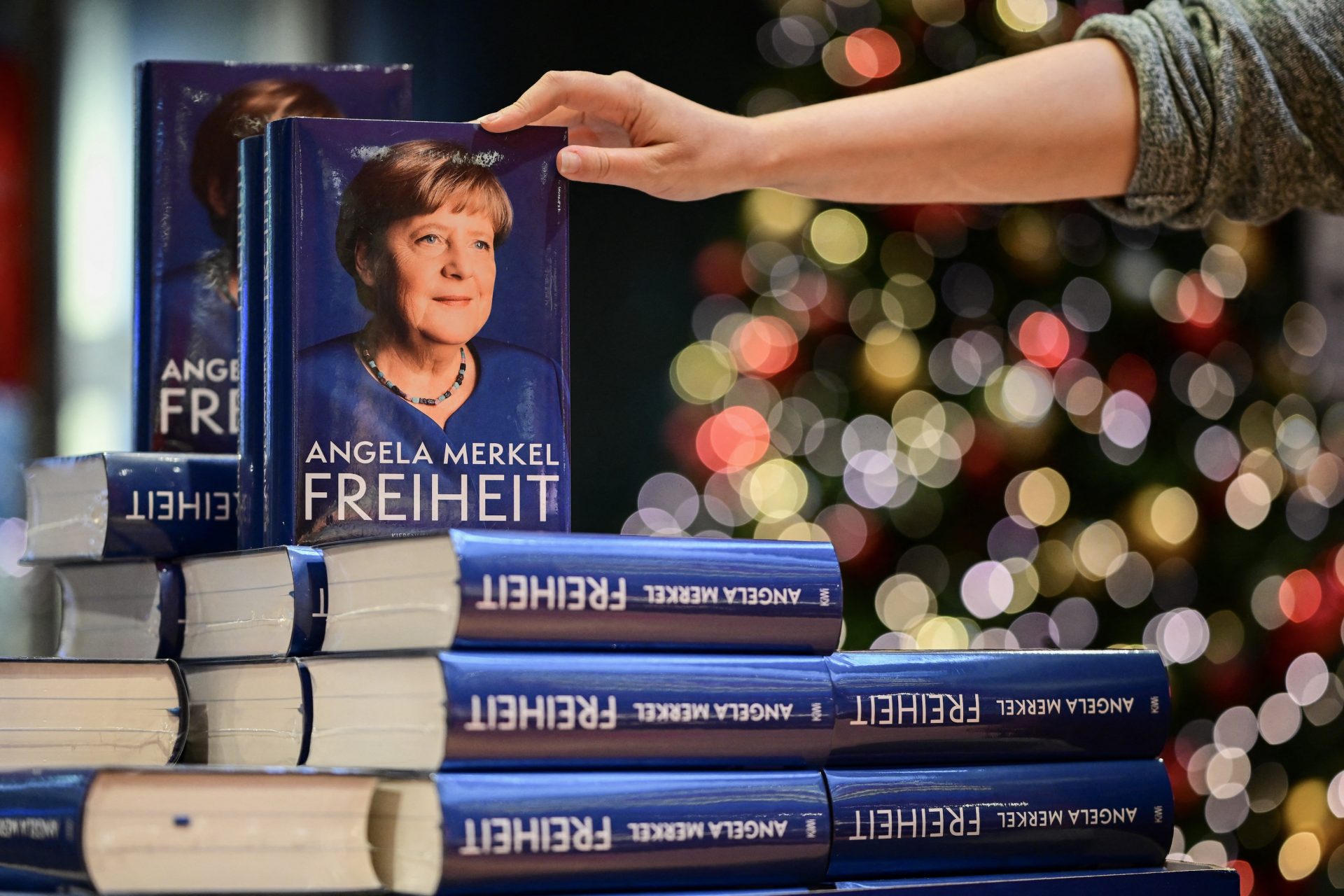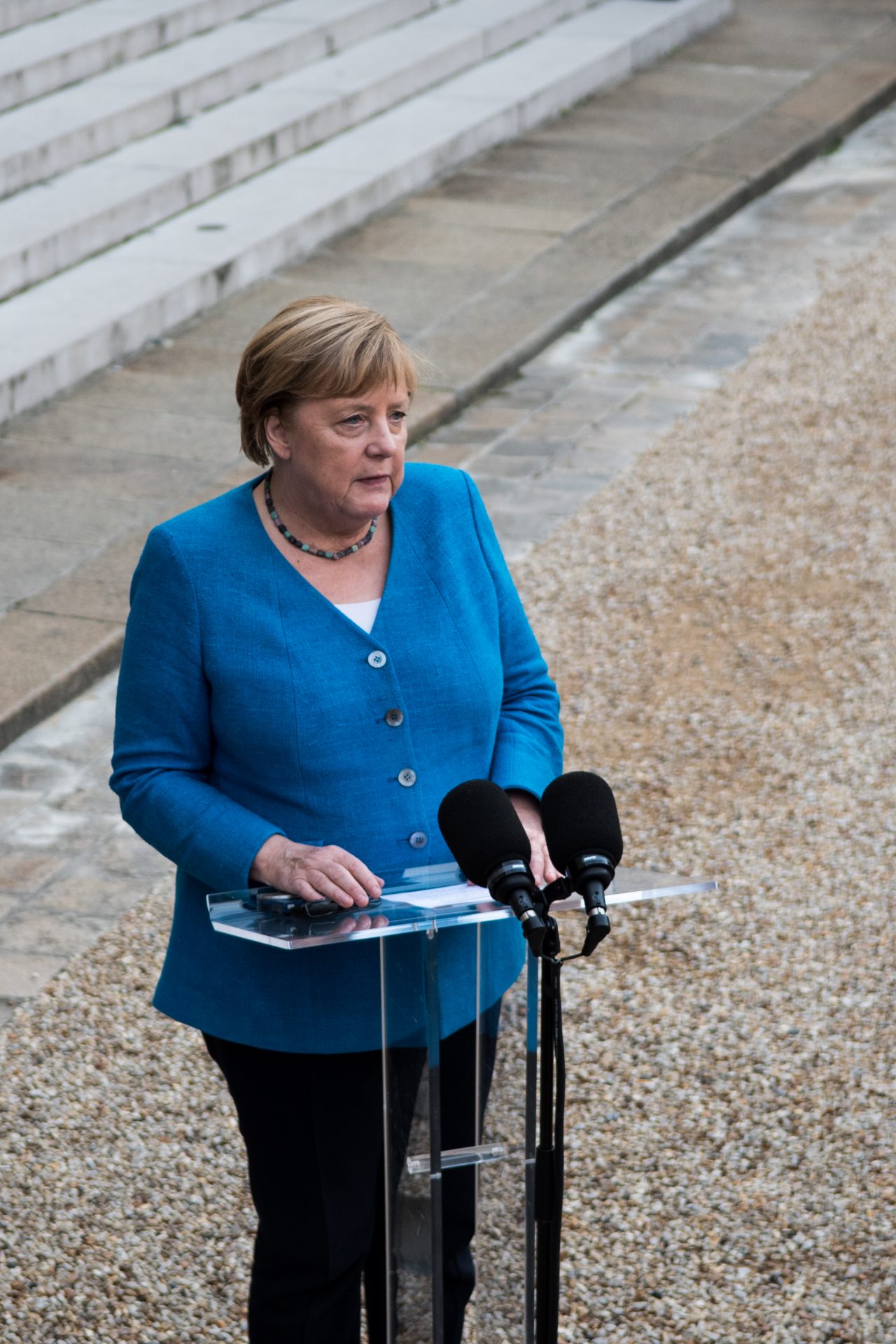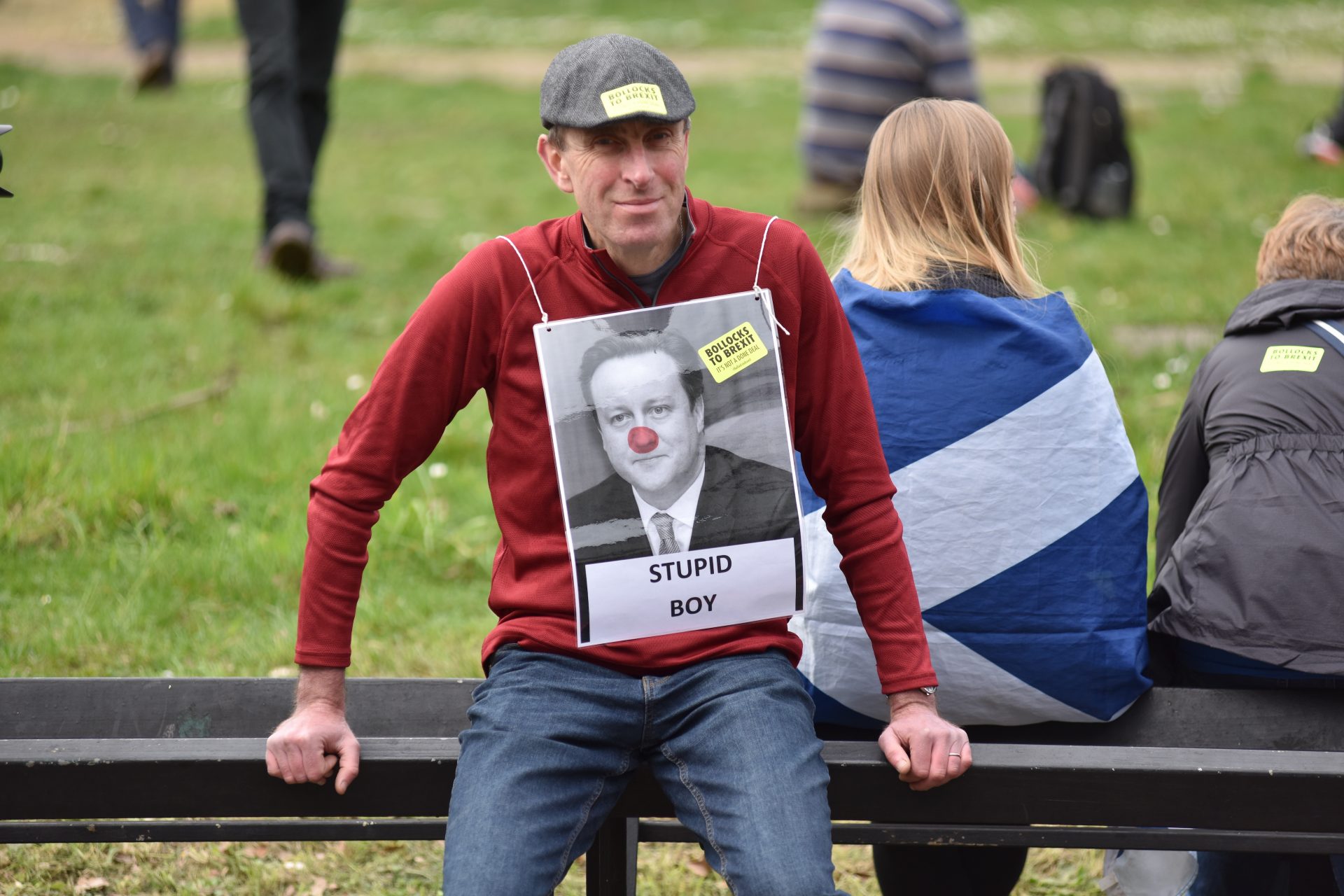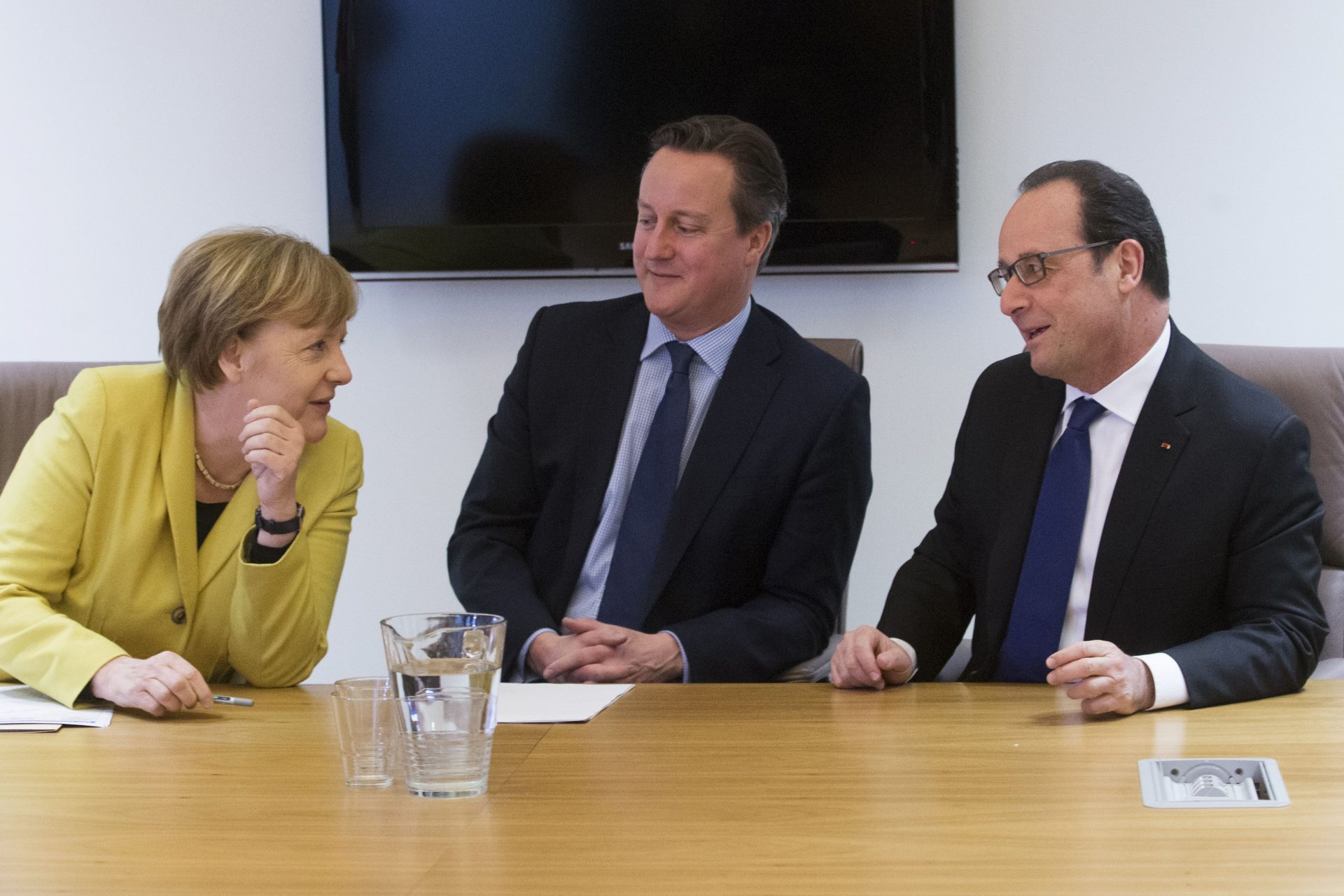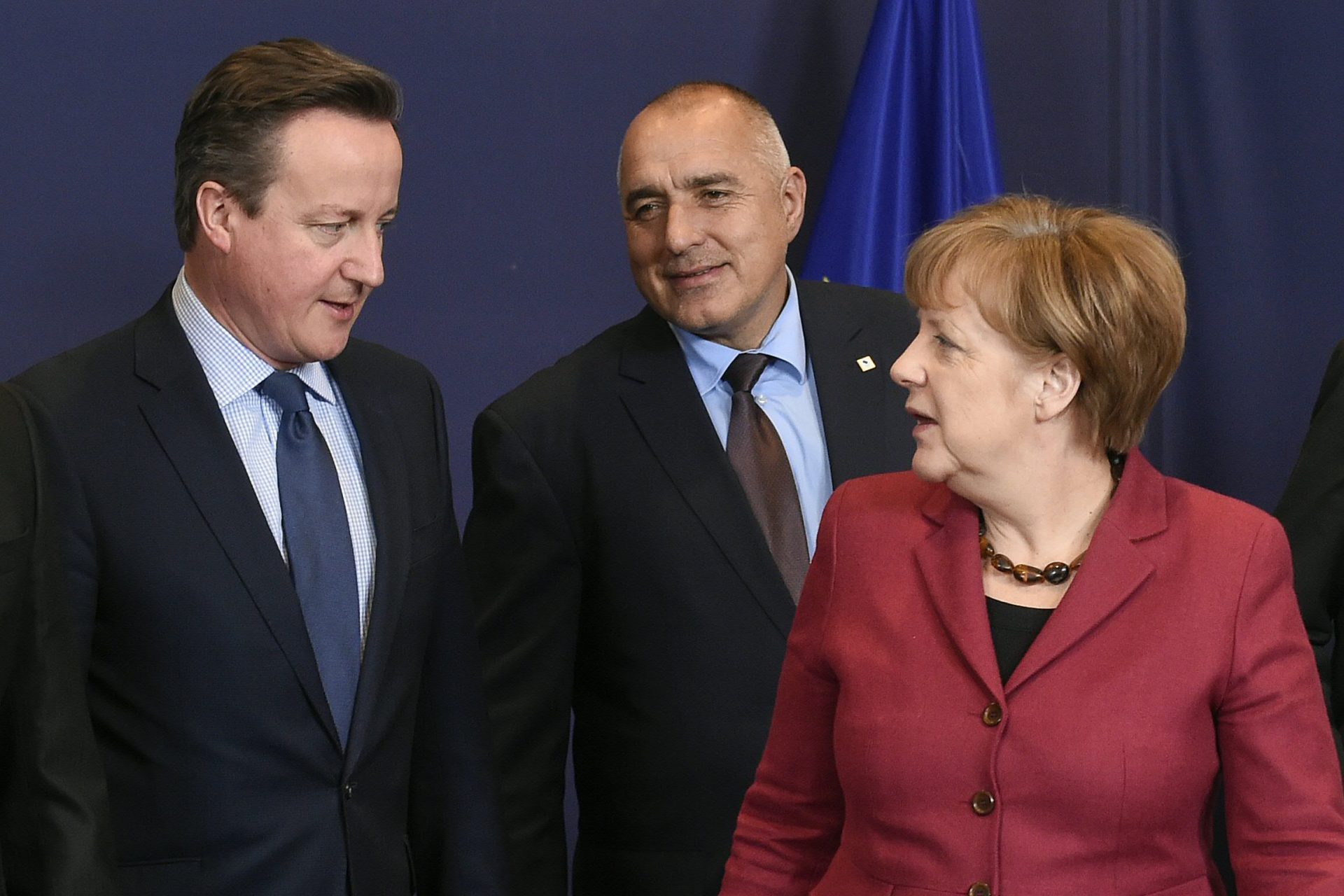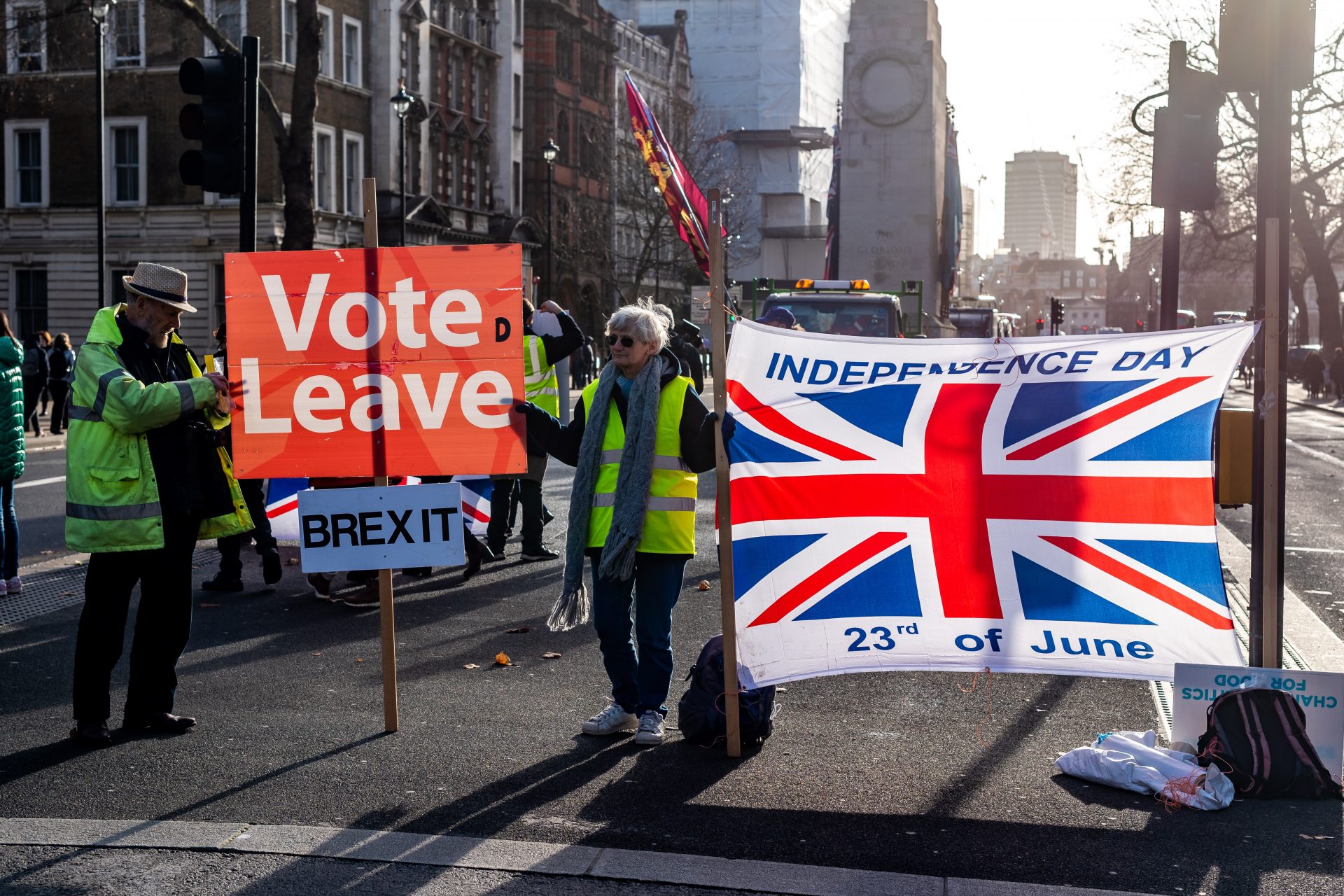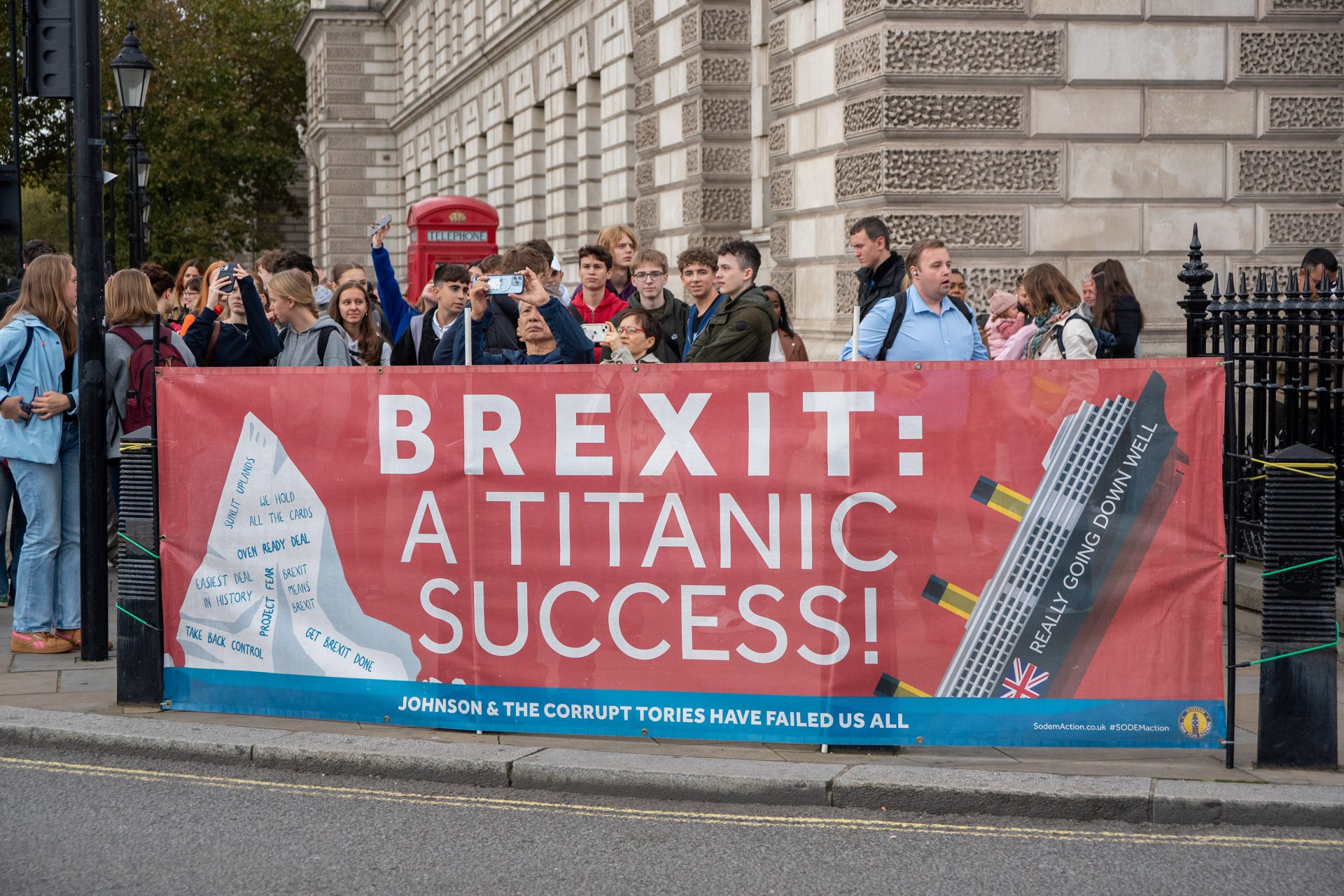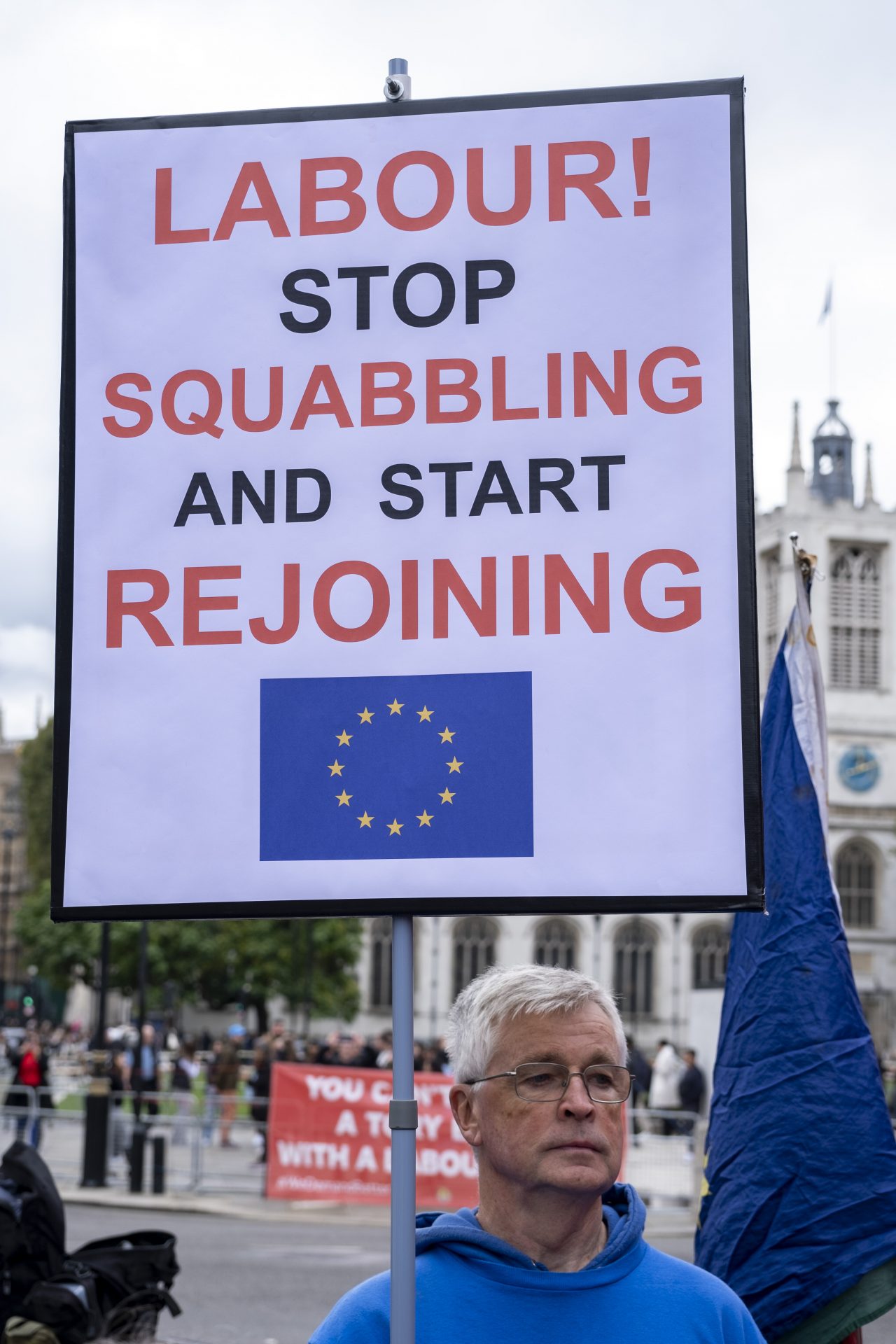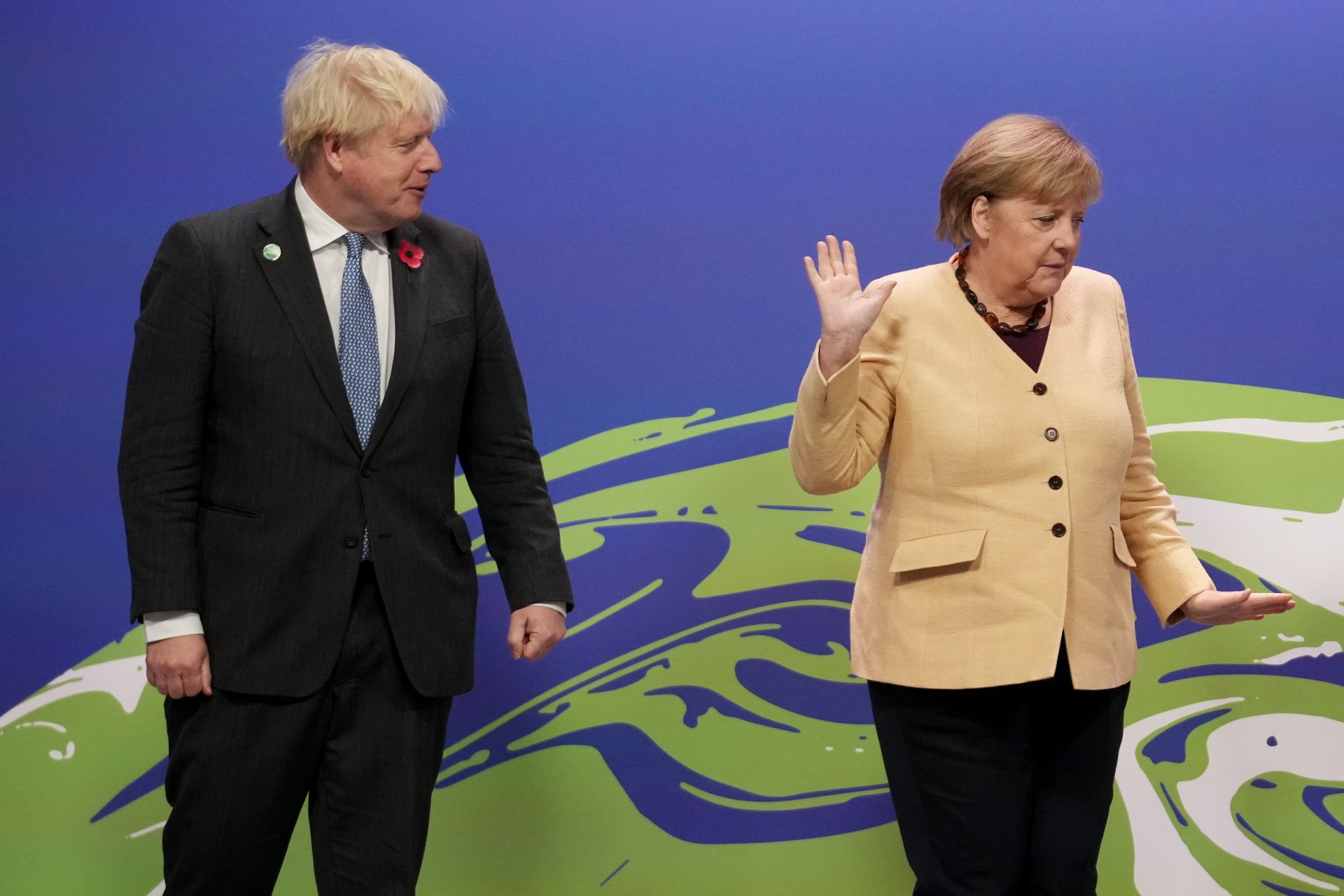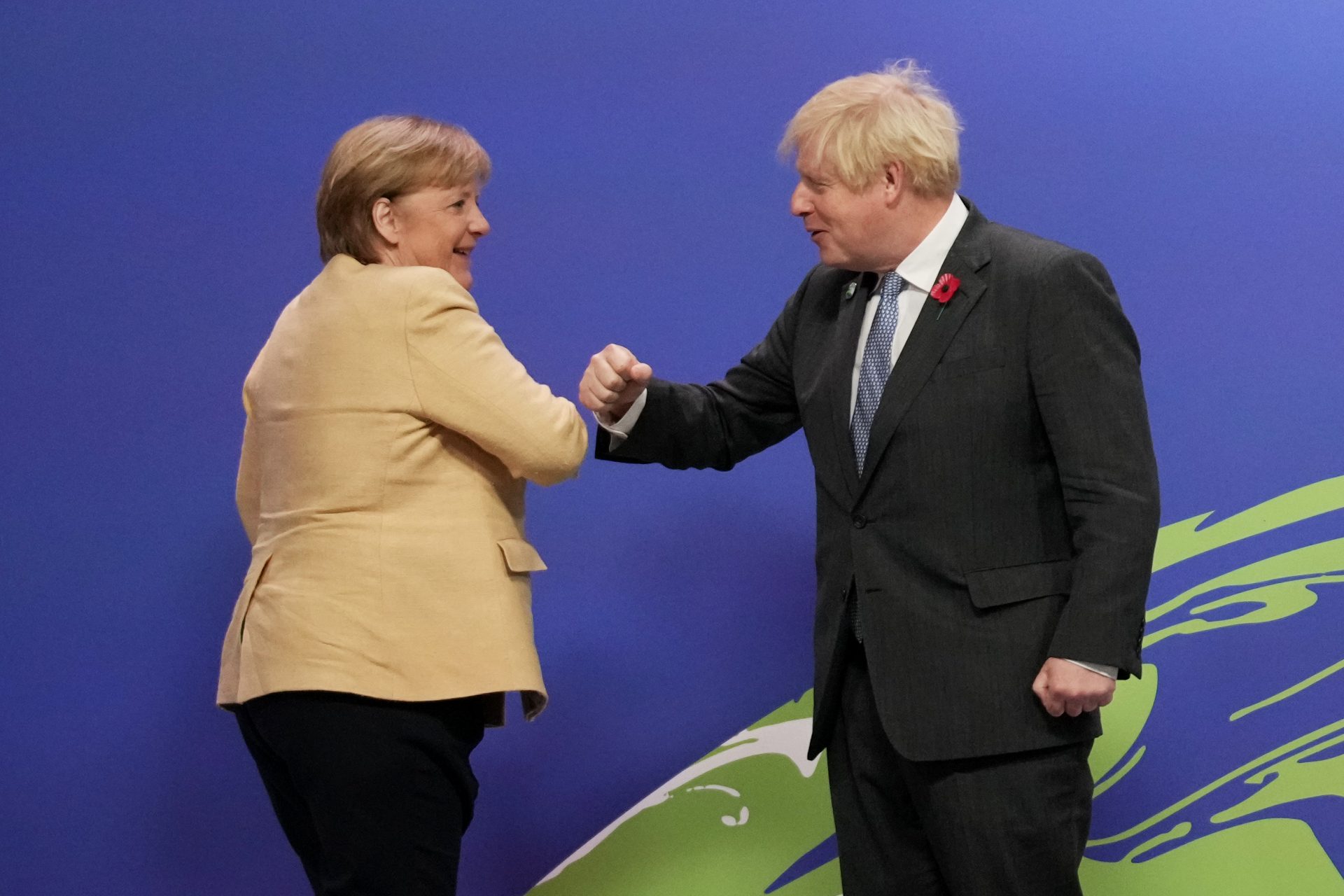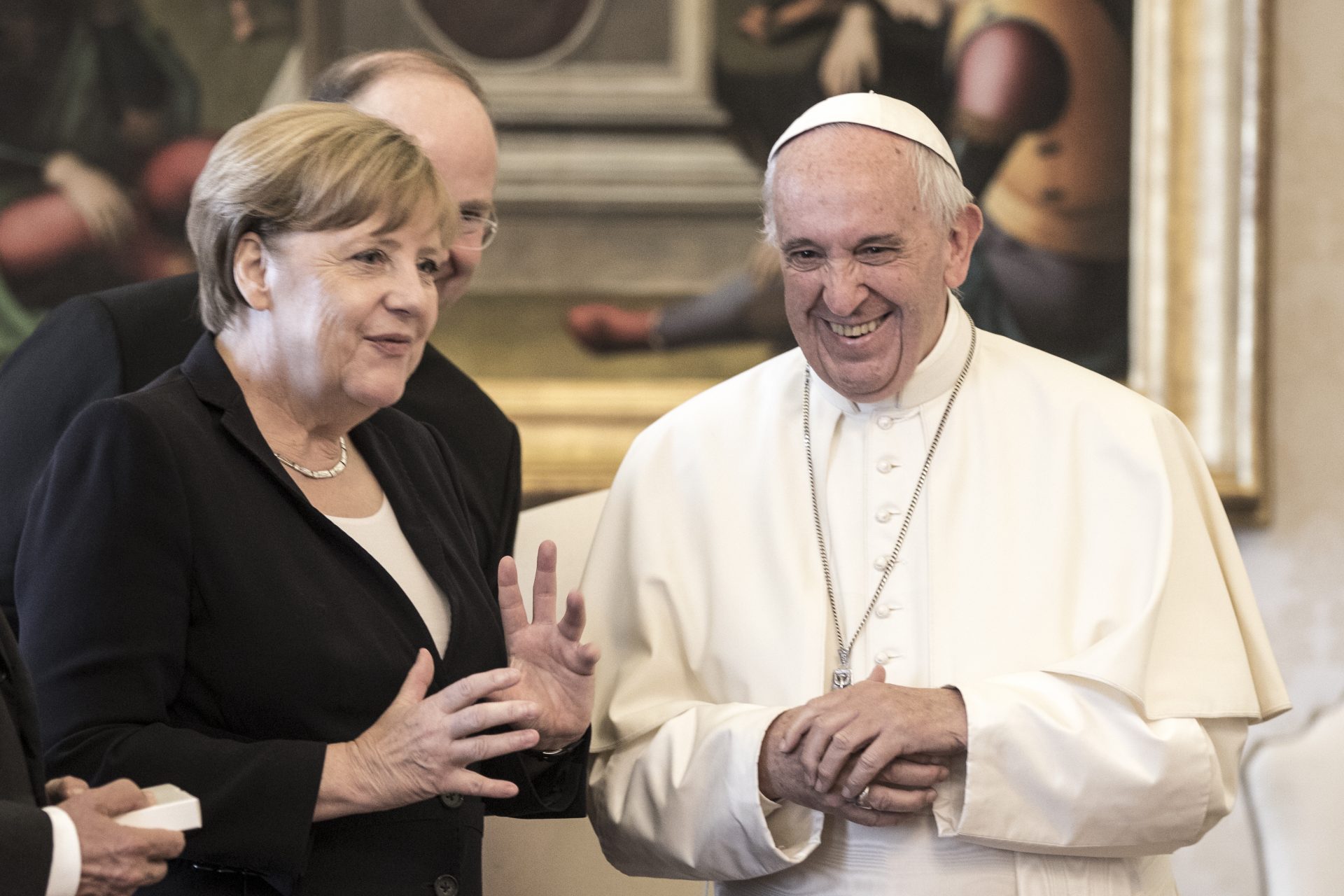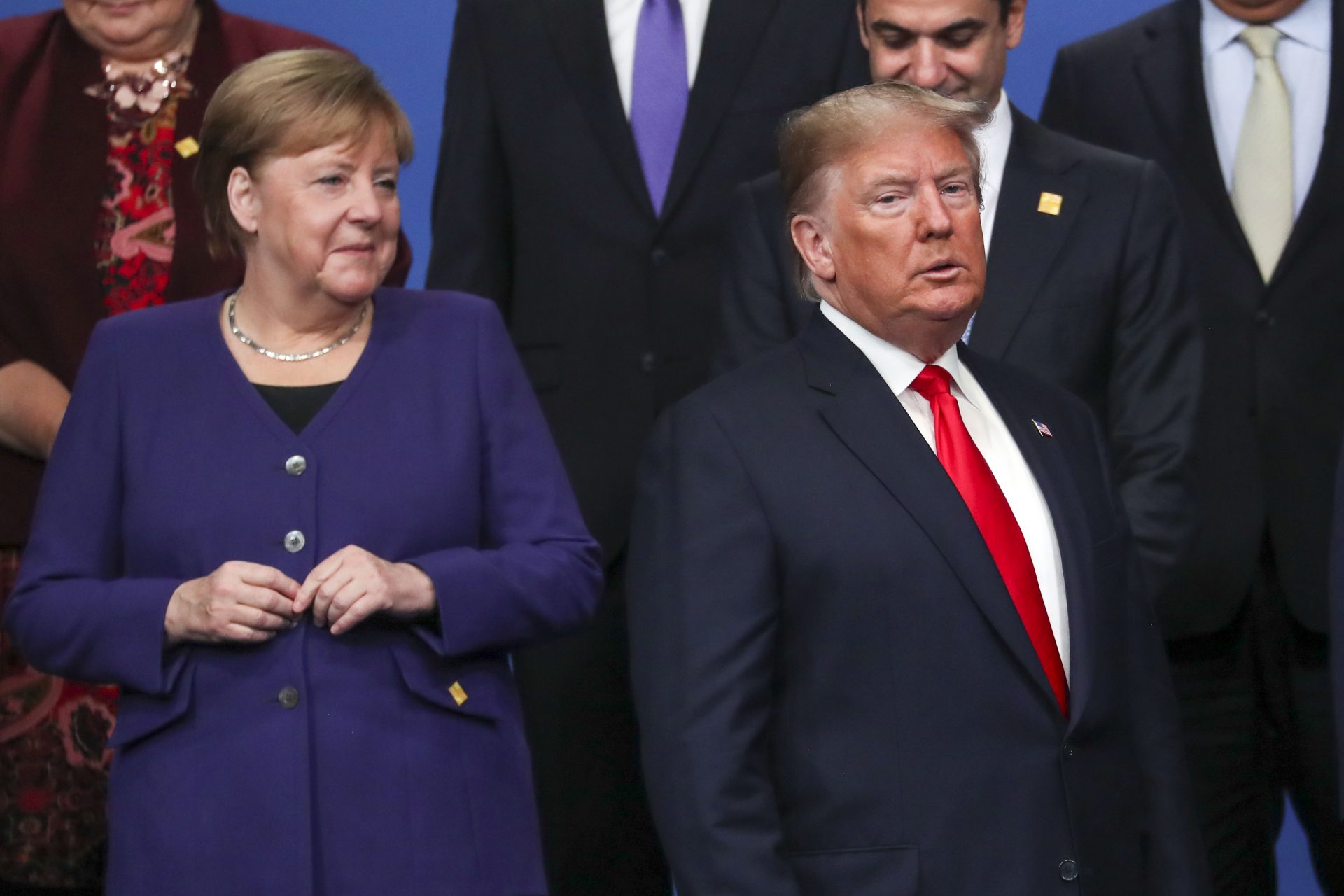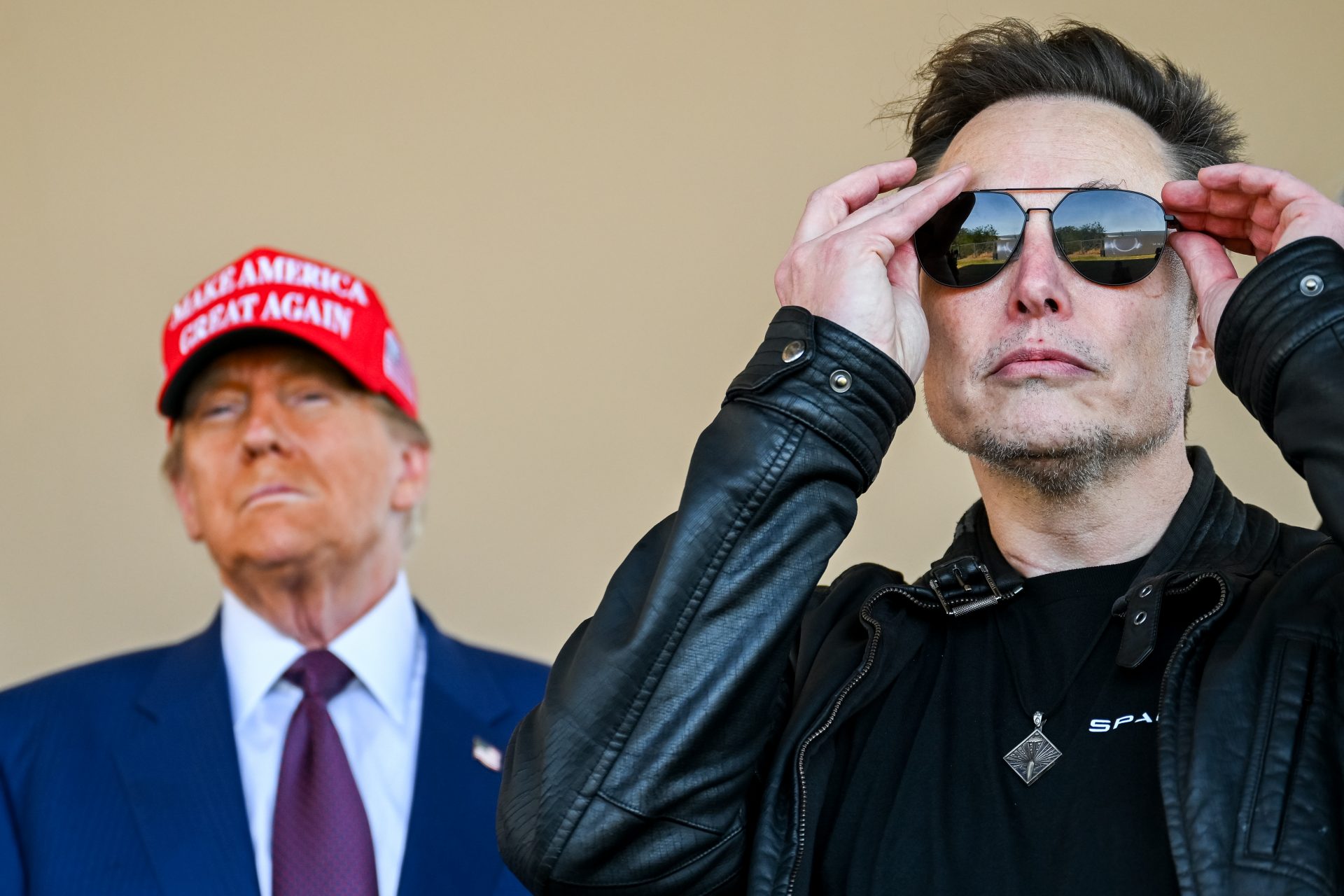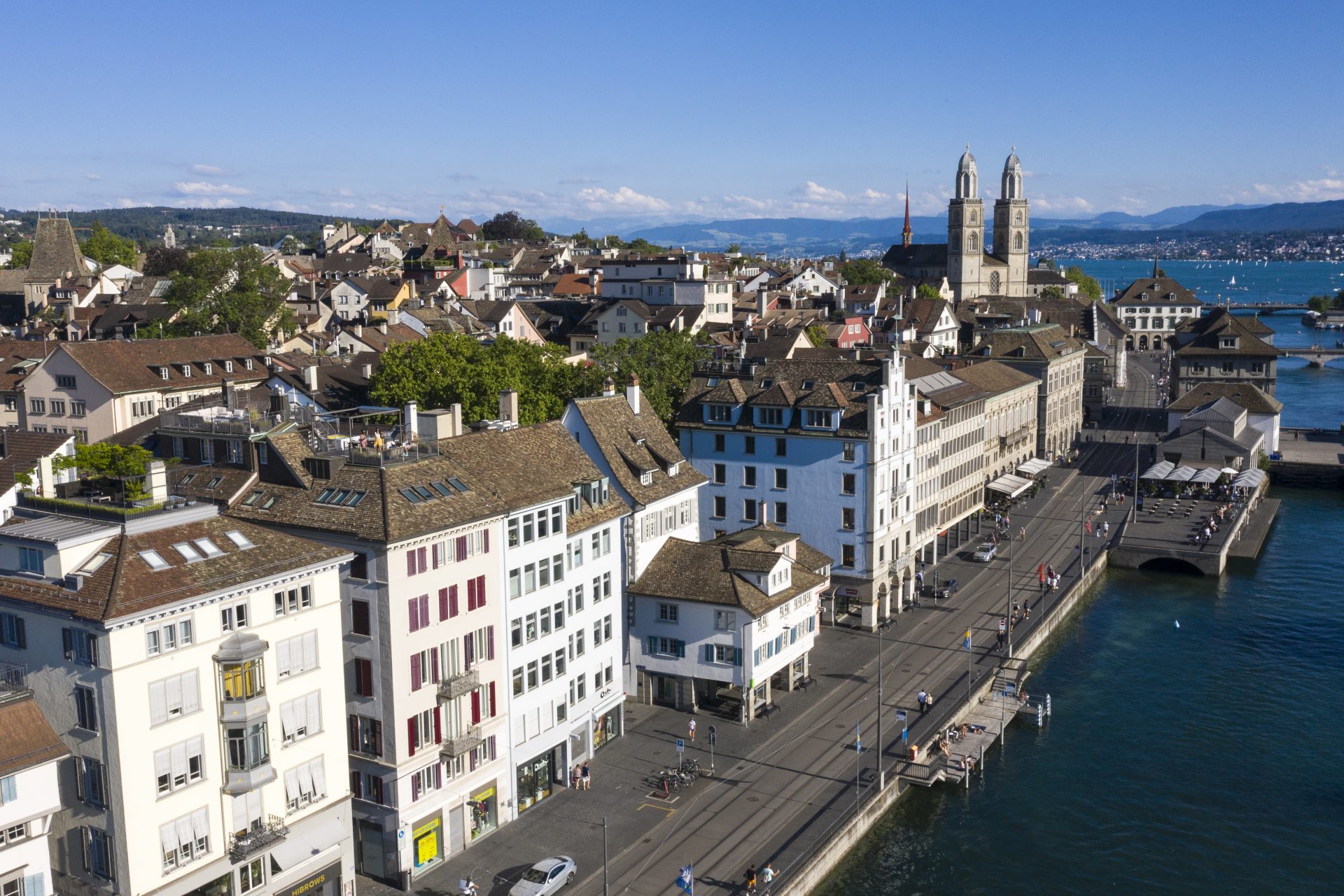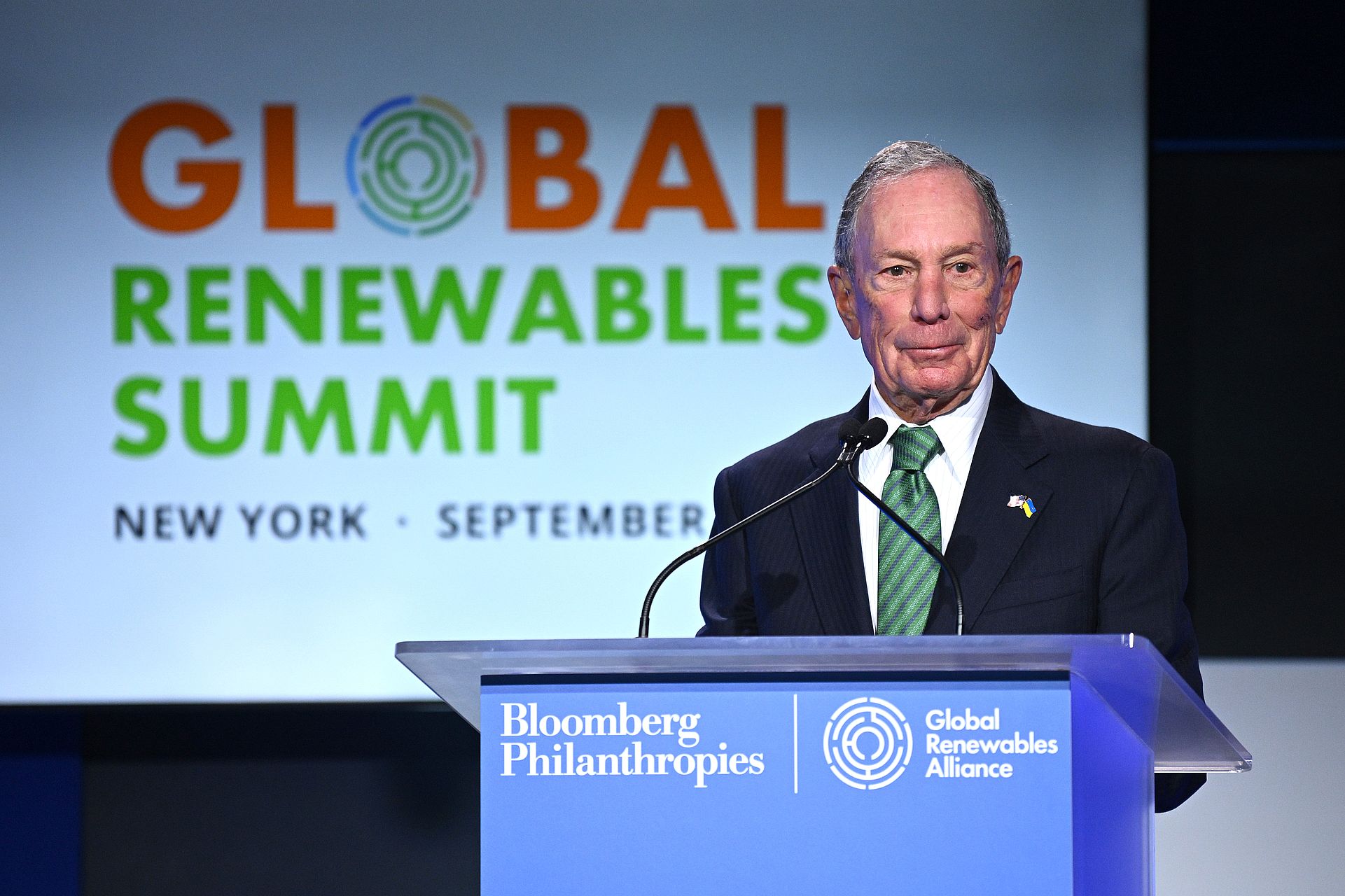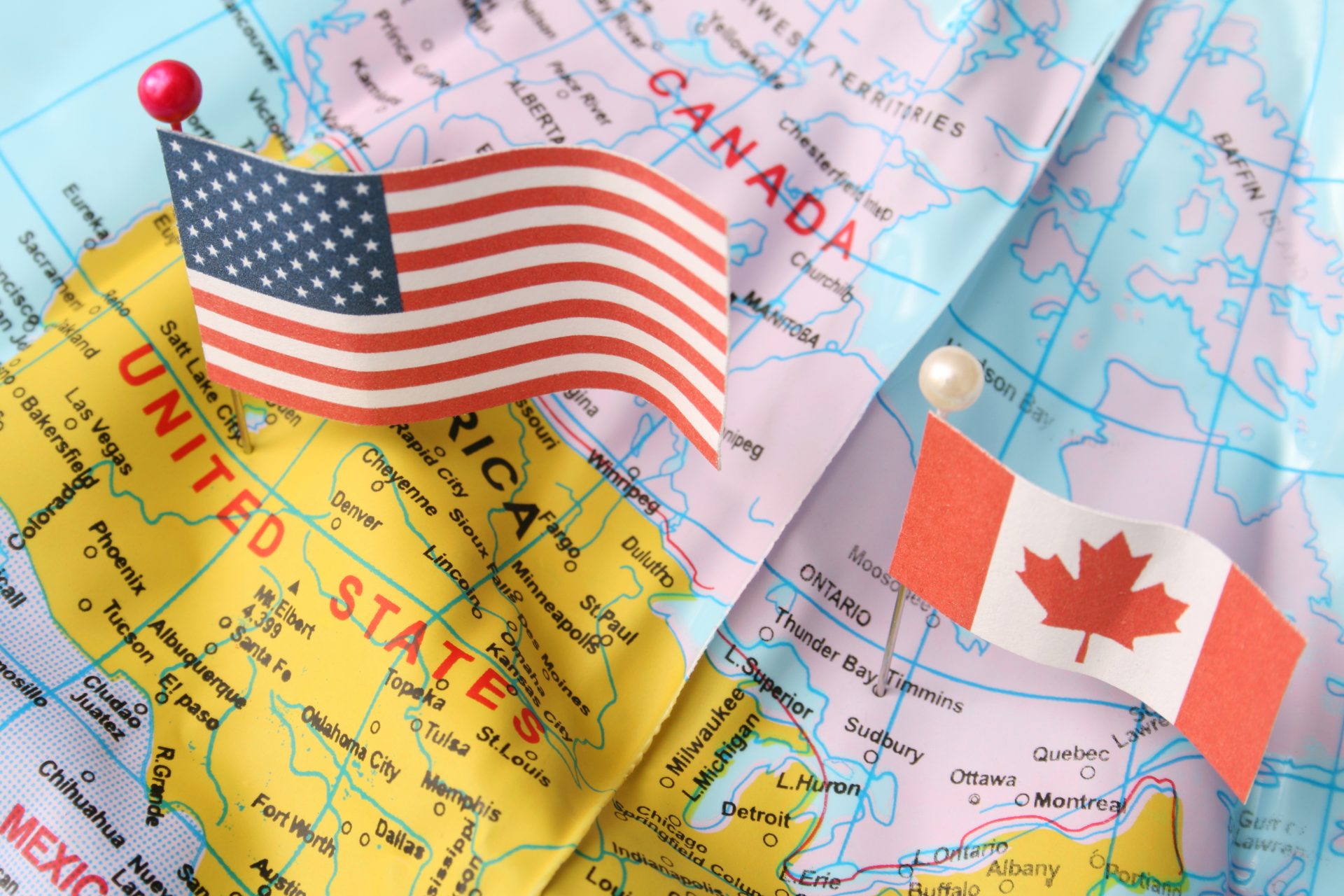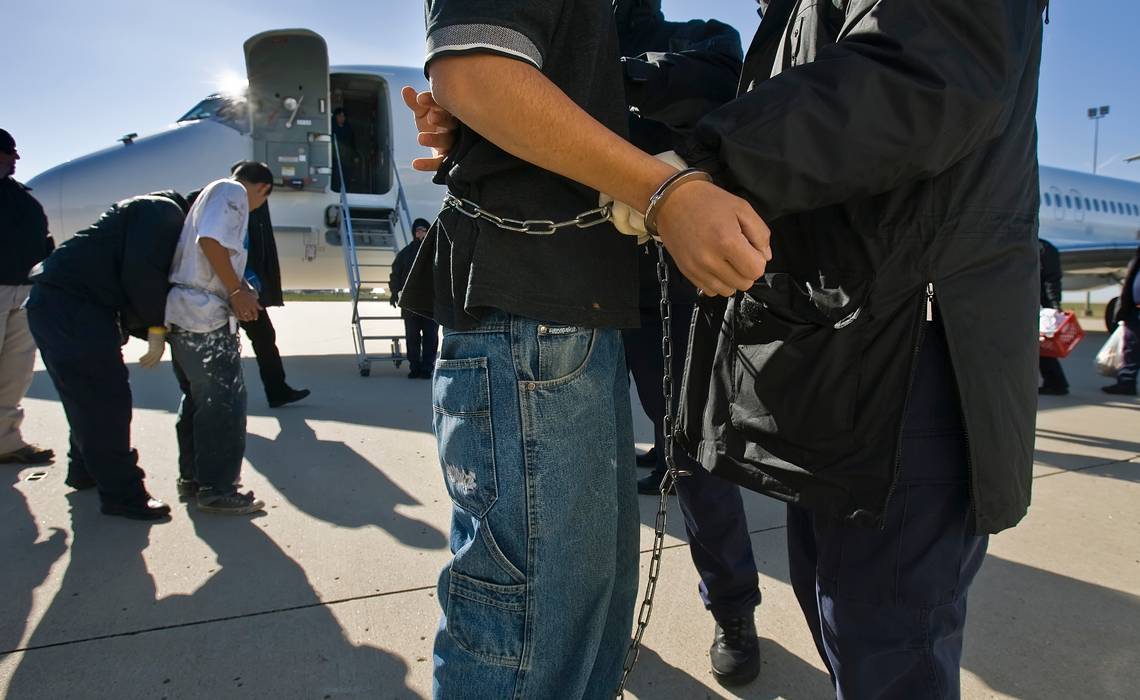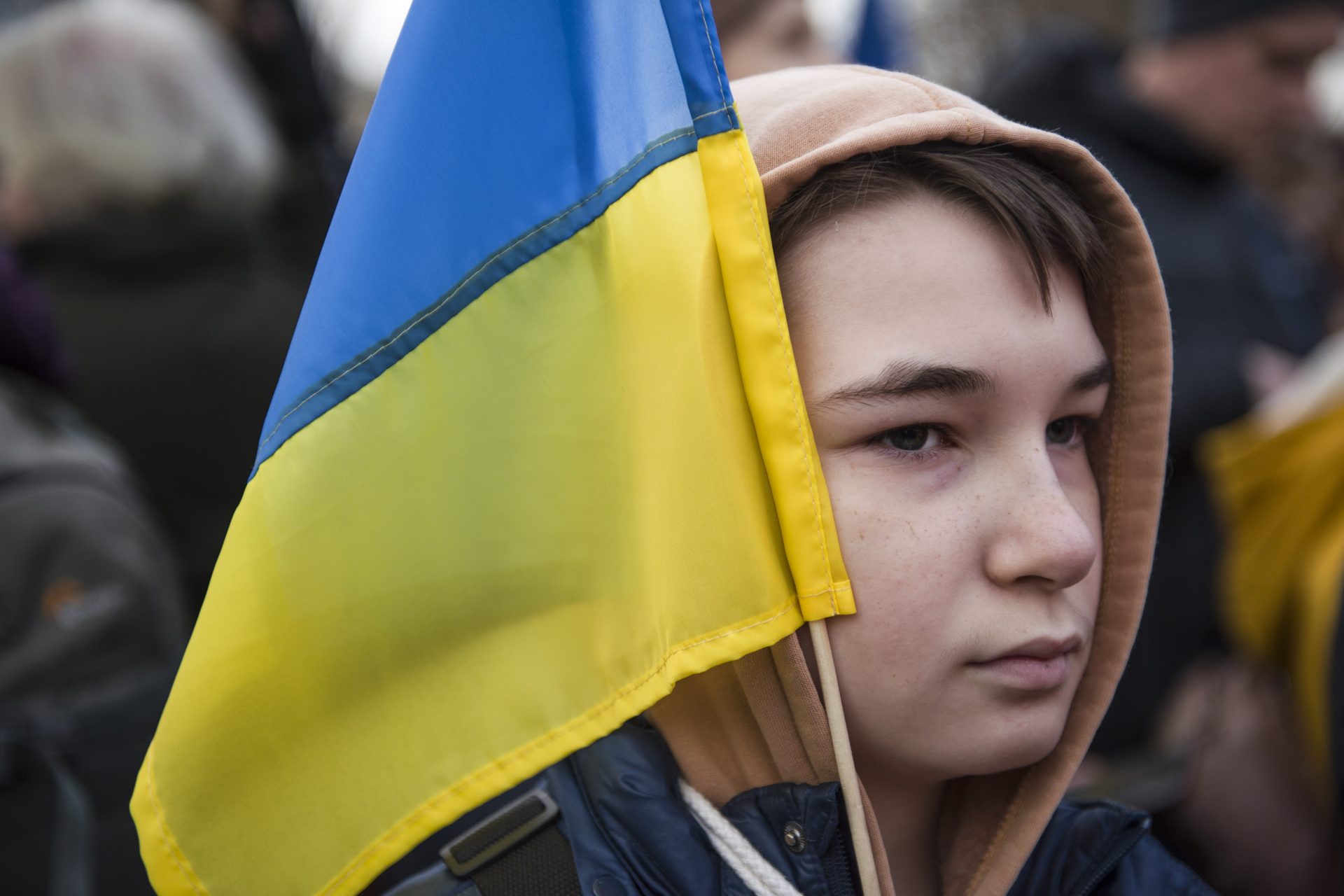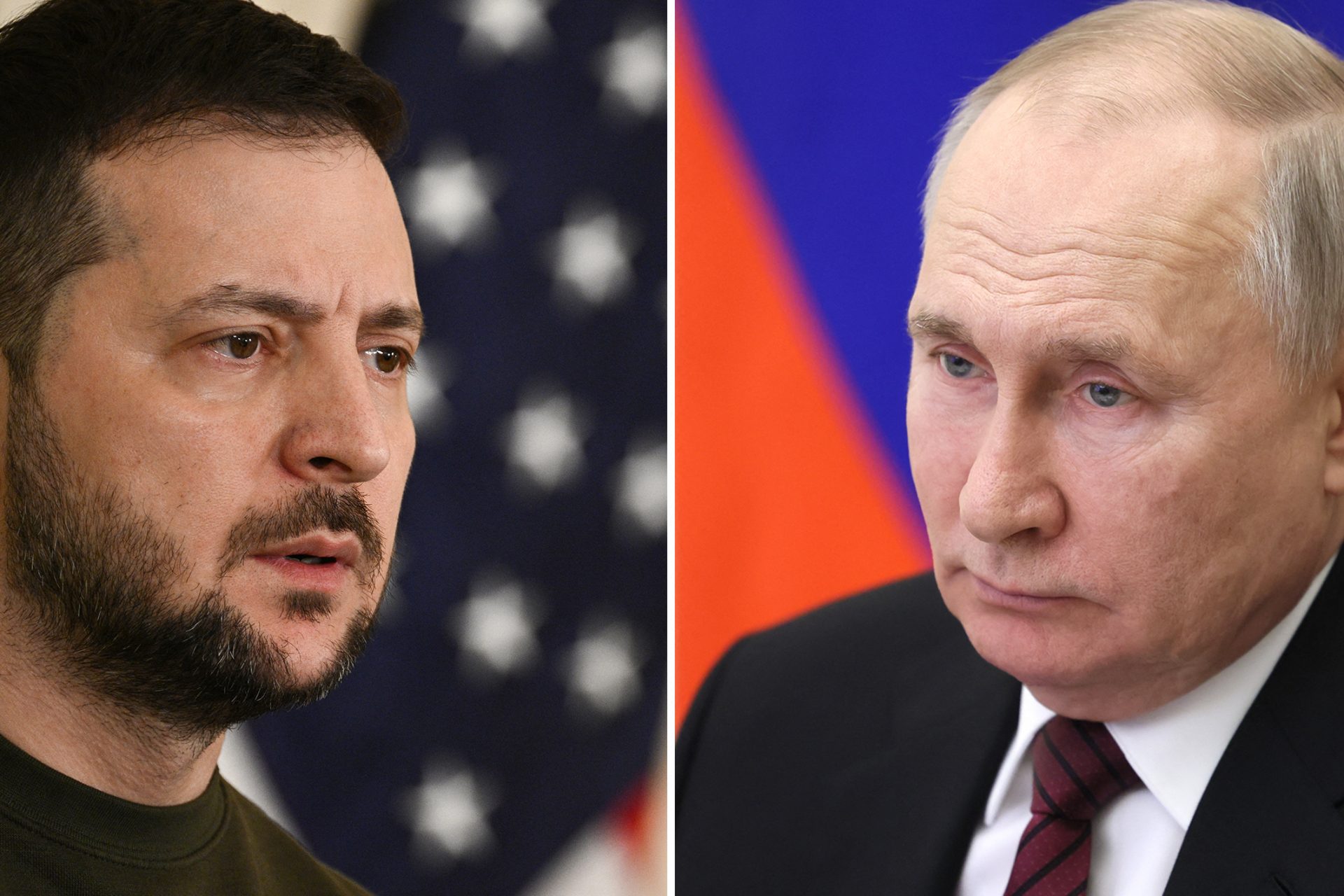Merkel’s memoir sheds light on Brexit humiliation
Former German Chancellor Angela Merkel expressed her distress regarding the United Kingdom's decision to exit the European Union, describing the move as a "humiliating" and "weakening" blow to the bloc.
Former German Chancellor Angela Merkel voiced her concerns about the United Kingdom's decision to leave the European Union, labeling it a "humiliating" and "weakening" blow to the bloc.
In the former German Chancellor’s memoirs, Freedom: Memories 1954-2021, a 700-page tome covering some of Europe’s recent landmark moments, she dedicates five pages to Brexit – Britain’s painful divorce from the EU bloc.
“To me, the result felt like a humiliation, a disgrace for us, the other members of the European Union – the United Kingdom was leaving us in the lurch,” she writes.
“This changed the European Union in the view of the world; we were weakened,” she says, adding that she did everything within her power to stop it from happening.
Merkel writes that she “tried wherever possible to help David Cameron,” the UK Prime Minister and a remainer who proposed the 2016 referendum to decide whether the UK would remain or leave the EU.
At an EU summit just before the Brexit referendum, there was a last ditch effort to see if the UK could renegotiate conditions that would appease UK Eurosceptics; here, Merkel says she tried to prevent Cameron from isolation.
“My support of him rendered me an outsider with my other colleagues,” she writes, adding that there came a point when she could no longer make a difference.
Merkel points out that Euroscepticism in the UK was exacerbated by the UK government’s failure to regulate the flood of Eastern European workers coming in after 10 countries joined the bloc in 2004.
In contrast, France and Germany avoided anti-EU sentiment by employing a phase-in strategy which meant absolute freedom of movement didn’t occur until 2011.
Merkel writes that she was “tormented by whether I should have made even more concessions toward the UK to make it possible for them to remain in the community.”
But she concludes that the seeds of separation had been sown years before and “even with the best political will, mistakes of the past could not be undone.”
She does, however, add that she hoped for good relations post-Brexit and “that the UK and the EU would maintain a sense of mutual appreciation.”
“And that when it came to important matters, they would find ways and means of engaging in dialogue that led to harmonious agreement,” she writes.
Merkel also dedicates a number of pages of her memoir to her tricky relationship with Donald Trump which prompted her to seek advice from Pope Francis.
“For him, all countries were in competition with each other, in which the success of one was the failure of the other,” she says of Trump.
“He did not believe that the prosperity of all could be increased through co-operation,” she observes, adding, “He looked at everything like the real estate developer he was.”
The former Chancellor, who left power three years ago, has also expressed fears over Elon Musk's involvement in government.
“If a person like him is the owner of 60% of all satellites orbiting in space, then that must be a huge concern for us along with the political issues,” she said in an interview with Der Spiegel. “Politics must determine the social balance between the powerful and ordinary citizens.”
More for you
Top Stories





